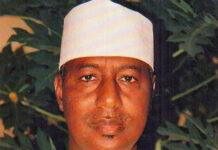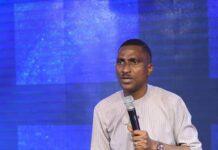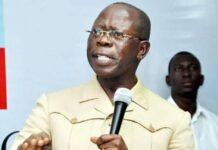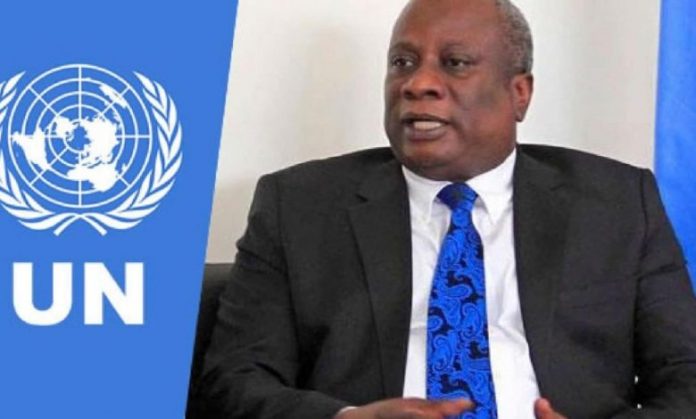Mr. Edward Kallon, the UN Resident and Humanitarian Coordinator for Nigeria, has strongly denounced the ongoing attacks on schools and kidnappings that have impacted hundreds of children across the country.
In a statement commemorating the 2021 International Day to Protect Education from Attack, Kallon stated that school attacks are a direct attack on the future generation, adding that it is traumatic for the children, undermines their individual dignity, and sometimes leads affected families to withdraw their children from school entirely.
He condemned the attacks and called on the federal and state governments to do more to protect schools and guarantee that teaching and learning are safe and conducive in all Nigerian institutions.
When teaching and learning are disturbed, the impact on human capital development is huge, according to the Resident Coordinator, because the recovery phase is always tortuous and longer than the duration of the initial disruption.
Nigeria, he believes, cannot afford to allow the ongoing attacks on schools to continue unabated. “Children have been traumatized; parents have been terrified; teachers and school administrators have been terrified; and school attacks are increasingly extending to locations where insurgencies are unknown. Nigeria’s collective future is jeopardized because of attacks on education. This has to come to an end right now.”
He urged the government to assess progress in implementing the declaration’s safe school provisions and to fully implement commitments made in 2019 by taking decisive measures to protect education and allow “our wonderful nation’s youth the chance to achieve their promise.”
Kallon explained that the right to education was frequently violated, particularly in conflict-affected places where entire populations may be denied access to education.
“With over 10 million children already out of school, violence has exacerbated the situation and had a significant impact on education and the future of many young people, particularly the most vulnerable,” he continued. In Nigeria, it is believed that 1.3 million children were affected by school attacks or abductions during the previous academic year.”
According to the statement, over 600,000 children are still out of school in the north-east region, with 1.1 million need educational assistance to stay in school. All of this has been made worse by the COVID-19 pandemic’s setbacks.
Read Also: President Muhammmadu Buhari, Attorney General of the Federal Republic of Nigeria,
“UNICEF, the United Nations Children’s Fund, has been working hard to expand the availability of classrooms and teachers in Nigeria’s most conflict-affected regions,” according to the statement. In addition, the Agency has been assisting the Nigerian government in implementing the Safe Schools Declaration, which was ratified in 2019. According to UNESCO, there have been 13,400 instances of assaults on educational facilities globally in the last five years, with more than 22,000 students and instructors injured or killed.
“The International Day to Protect Education from Attack aims to raise awareness of the plight of children growing up without access to education in conflict-affected countries. The Universal Declaration of Human Rights recognizes education as a fundamental human right. It is a critical factor in promoting peace, building just societies, and encouraging long-term development.”
Join Television Nigerian Whatsapp Now
Join Television Nigerian Facebook Now
Join Television Nigerian Twitter Now
Join Television Nigerian YouTUbe Now

















